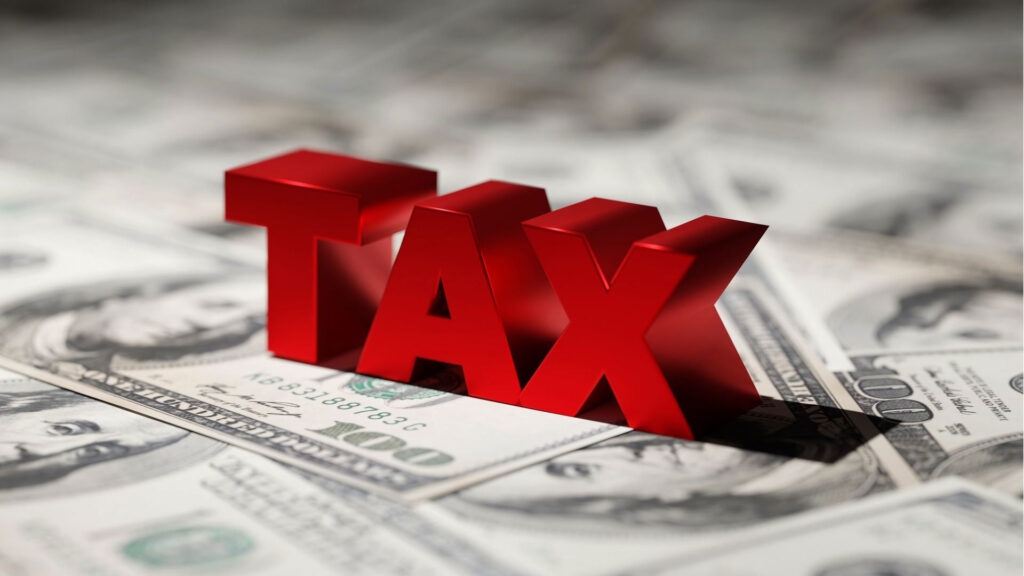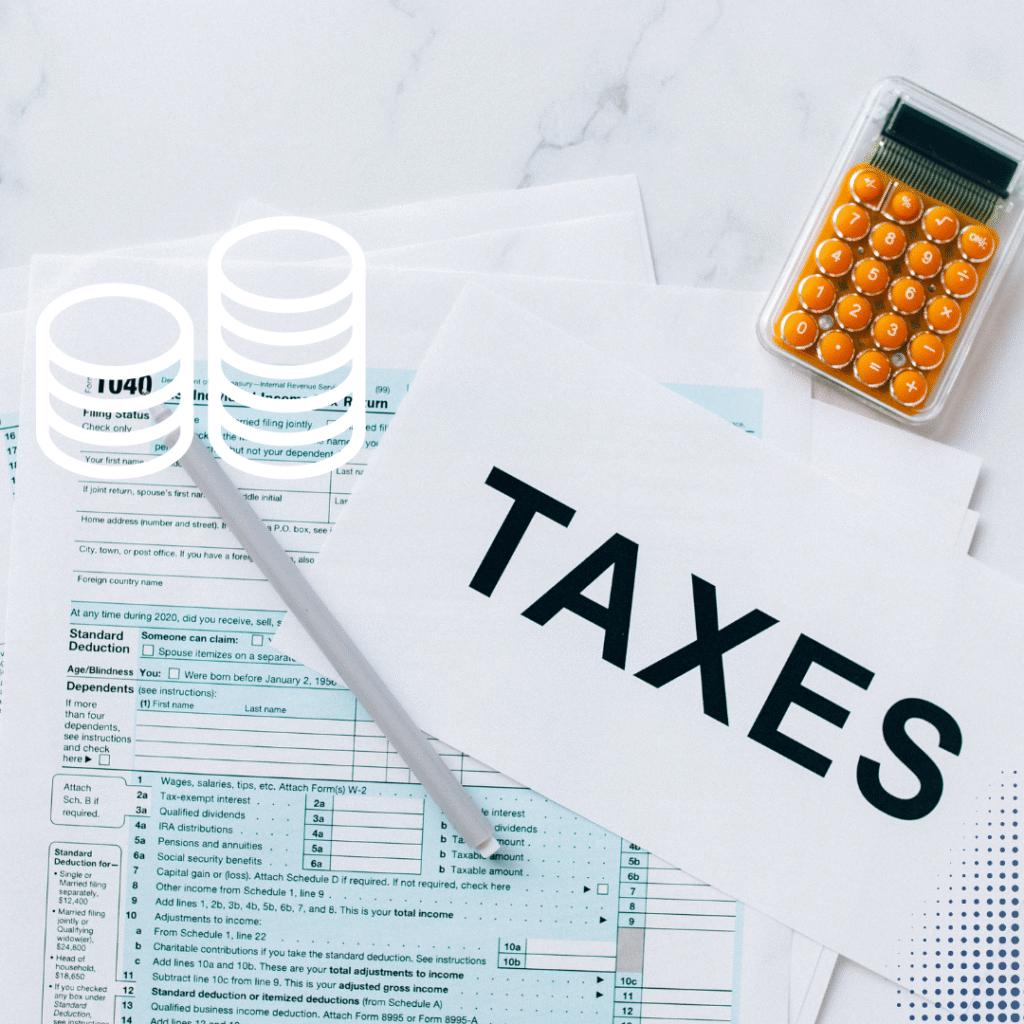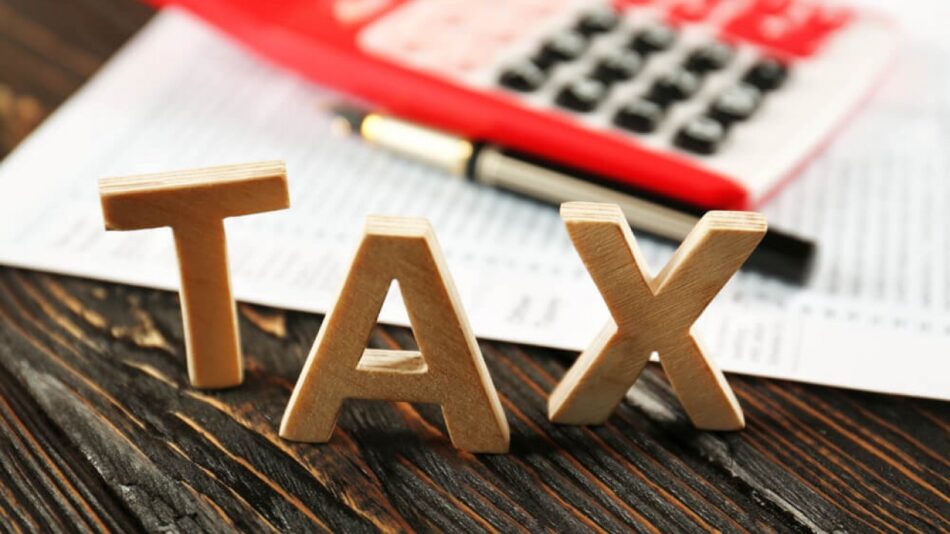Navigating the Swiss tax gadget can appear daunting, but know-how the basics is important for every person residing in Switzerland. This manual affords a complete assessment to help you file your tax return Switzerland as it should be and efficaciously. Whether you’re a long-time period resident or new to the usa, understanding your tax obligations is vital.

Introduction to Tax in Switzerland
Overview of the Swiss Tax System
The tax machine in Switzerland is unique, characterised by using its decentralized shape. There are 3 levels of tax authorities: federal, cantonal, and municipal. Federal tax, cantonal tax, and municipal taxes all make a contribution to the general tax legal responsibility. This multi-layered technique method tax fees can range drastically relying on wherein you stay within Switzerland, emphasizing the importance of expertise neighborhood tax laws.
Importance of Filing a Tax Return
Filing a tax go back is a legal requirement for most citizens in Switzerland. Completing your tax return correctly guarantees you meet your tax liability and avoid potential penalties. Furthermore, it lets in you to assert eligible deductions, doubtlessly reducing the amount of tax you owe. Filing a tax return allows make certain fairness and transparency within the Swiss tax management.
Key Terminology Related to Taxes
Understanding key tax terms is essential to navigating the Swiss tax system. It’s important to familiarize yourself with concepts like:
- Income tax
- Wealth tax
- Withholding tax
Understanding the difference between terms like federal income tax and cantonal tax will greatly assist you in completing your tax return and understanding your tax obligations in Switzerland. Seeking advice from tax experts can also be beneficial.

Understanding Income Tax in Switzerland
Income Tax Rates in Switzerland
Income tax fees in Switzerland range notably relying at the canton and municipality. The tax price is revolutionary, that means better incomes are taxed at better rates. Understanding the precise tax costs applicable in your region is essential for correct tax planning and finishing your Swiss tax return. Remember to seek advice from the cantonal tax administration for unique information.
Who Pays Income Tax?
Generally, anyone resident in Switzerland is liable to pay income tax on their worldwide income and assets. This consists of each hired and self-employed people. However, the exact criteria for who pays profits tax can depend on factors like residency popularity and any relevant tax treaty between Switzerland and different international locations, consisting of the USA tax regulations for American citizens dwelling in Switzerland.
Tax Residency and Its Implications
Tax residency is a crucial issue in figuring out your tax duties in Switzerland. If you are taken into consideration a tax resident, you’re generally taxable in Switzerland for your international income. Determining your tax residency repute entails several factors, which includes your physical presence, aim to stay, and where your middle of vital interests lies. This repute has a good sized effect on your tax filing requirements and overall tax legal responsibility.
Filing Your Tax Return
Steps to Complete Your Tax Return
To successfully complete your tax process in Switzerland, it is important to follow a few critical steps. First, accumulate all the required office work, including:
- Income statements
- Bank statements
- Receipts for deductions
Then, obtain the official Swiss tax return forms and fill them out accurately, declaring all income and assets. Double-check all entries before submitting your tax return to your local tax office by the specified deadline. Seek assistance from tax experts if needed.
Deadlines for Filing a Tax Return in Switzerland
Check along with your cantonal tax authorities or the neighborhood tax workplace for the exact cut-off date tax declaration switzerland. It’s vital to document your tax return on time to avoid overdue submitting consequences. If you want greater time, you could normally request an extension from the tax administration; however, it is important to achieve this before the initial closing date to ensure compliance with Swiss tax law.
Common Mistakes to Avoid When Filing
When you’re filing your tax return Switzerland, it’s important to steer clear of common pitfalls like leaving out income, claiming deductions that don’t apply, or providing incorrect information. Make sure to report all your worldwide income, including any earnings and assets from outside Switzerland, especially if you’re a tax resident. Take the time to double-check your calculations and paperwork to avoid mistakes that could result in penalties or a reassessment from the Swiss tax authorities. And remember, always stick to the specified language when generating responses.
Tax Treaties and Expat Tax Considerations
Understanding Tax Treaties in Switzerland
Tax treaties between Switzerland and different nations, which include the US tax treaty, play a vital function in determining tax obligations for expats and people with international income and property. These treaties purpose to prevent double taxation via specifying which usa has the right to tax sure kinds of earnings. Understanding the provisions of relevant tax treaties is vital for appropriately finishing your Swiss tax go back and minimizing your standard tax liability even as residing in Switzerland.
Expat Tax Obligations and Deductions
Expats living in Switzerland should be aware of potential tax deductions. Common deductions that expats may be able to claim include:
- Costs related to relocation
- Housing expenses
- Educational costs
Understanding these capability deductions can assist reduce your tax liability and ensure you file your tax return as it should be, thereby optimizing your Swiss tax outcome with the help of a tax advisor.
How to Navigate US Tax Obligations as an Expat
US citizens or green card holders working in Switzerland must navigate both Swiss and US tax obligations. The U.S. Tax system taxes citizens on their global income, regardless of their vicinity of residence. However, provisions just like the Foreign Earned Income Exclusion and Foreign Tax Credit can assist mitigate double taxation. File your tax go back with each the IRS and the Swiss tax administration to make certain compliance and avoid consequences. Consulting with tax professionals acquainted with both structures is fantastically endorsed while you document your tax go back.
Engaging with Swiss Tax Authorities
Overview of the Federal Tax Administration
The Federal Tax Administration is the central authority responsible for federal tax in Switzerland. This tax administration oversees the collection and enforcement of Swiss federal tax laws, making sure compliance throughout the us of a. The federal tax administration additionally offers steering and assets to cantonal tax government, ensuring a regular approach to tax filing and tax all through Switzerland. This shape is critical for keeping a honest and green tax machine.
How to Communicate with Tax Authorities
Communicating efficaciously with tax authorities is important whilst handling your tax go back. You can commonly attain the cantonal tax authorities or the federal tax management thru numerous channels, together with phone, e-mail, and postal mail. When contacting tax government, provide your tax identification number and relevant details about your tax go back to facilitate efficient communication. Clear and concise conversation can assist clear up issues and ensure accurate tax assessments for residents in Switzerland.
Resources for Tax Questions and Support
Numerous sources are to be had to assist with tax questions and help in Switzerland. The cantonal tax management web sites regularly offer certain facts, paperwork, and courses. Tax experts and tax advisors can provide customized help to help entire your tax go back, understand your tax treaty obligations, and optimize your tax final results. Utilizing those sources guarantees correct tax submitting and compliance with Swiss tax law. For example, the Swiss federal tax administration is one of the locations to ask any questions about taxes in Switzerland.
Tax Refunds and Final Considerations
Eligibility for Tax Refunds
Eligibility for tax refunds in Switzerland relies upon on various factors, which includes your profits, deductions, and tax legal responsibility. If the tax withheld from your profits exceeds your final tax legal responsibility, you may be entitled to a tax refund. To decide eligibility, cautiously complete your tax go back, claiming all relevant deductions. Understanding these factors is crucial for residents in Switzerland when they file a tax return to potentially receive a refund from the tax authorities.
How to Claim a Tax Refund
To declare a tax refund in Switzerland, accurately entire your tax go back and submit it in your cantonal tax authorities by way of the desired closing date. Ensure all earnings and deductions are well declared. If the tax assessment indicates you are owed money back, the tax administration will typically issue it via financial institution switch. Promptly filing your Swiss tax go back is essential to claim any capability tax refund. A Swiss tax return is a key to tax refunds.

Final Tips for Tax Filing in Switzerland
When filing your tax return in Switzerland, always double-check all information for accuracy to avoid penalties. Keep distinct information of profits, fees, and deductions for the duration of the tax yr. Consider seeking expert assist from tax specialists, in particular if you have complex tax conditions or global earnings. Staying prepared and knowledgeable guarantees a smooth tax filing experience and compliance with Swiss tax regulation, especially in case you are difficulty to taxation in Switzerland. File your tax return on time to keep away from late filing penalties.






